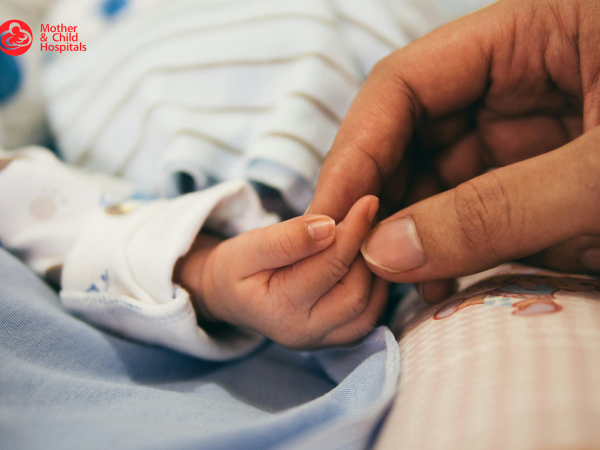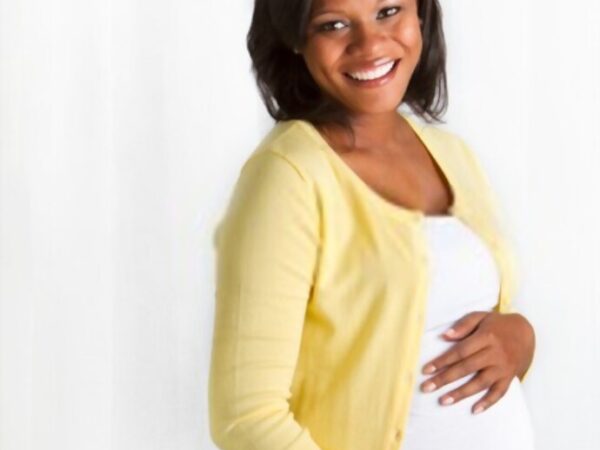
Written by Dr. Raphael Olarewaju, Medical Director and Consultant Gynecologist.
Most women go through pregnancy, labor and delivery without any complication. However, a significant number will have unpleasant experiences ranging from mild to severe and even leading to maternal and fetal mortality. These complications usually give warning signs before they go out of hands. Expectant mothers should be aware of and pay attention to them to prevent untoward complications. Some of these are as follows:
Bleeding per vaginum
Vaginal bleeding at any time during pregnancy requires attention. The causes may be due to various types of abortions, ectopic pregnancy, abnormal location of the placenta (placenta praevia), premature separation of the placenta (abruptio placenta) and vasa praevia. Others may include abnormal pregnancy (molar pregnancy or choriocarcinoma), vaginal yeast infections and trauma during intercourse. They may be accompanied or associated with other signs and symptoms.
All these require quick professional evaluation and treatment to make proper diagnosis, treat or prevent deterioration of the condition.
Abdominal pain during pregnancy
The significance of pain during pregnancy is related to the gestational age. Spontaneous abortions (miscarriages), ectopic pregnancies and fibroids coexisting with pregnancies are common causes of pains in pregnancy in our environment. Other causes may include ovarian cysts, subchorionic hematoma, round ligament pain or cramps due to distension of the uterus. Appendicitis, cholecystitis, small bowel obstruction, pneumonia and urinary tract infection are other medical conditions that may cause pain. Placenta abruption, premature contractions or labor and severe hypertension in pregnancy are causes of pain in the 3rd trimester.
Pain is an early warning by the body that something serious and/or dangerous may be in the offing.
Quick and correct evaluation is necessary to prevent unwanted consequences to the fetus, mother or both.
Severe nausea/Vomiting
Hyperemesis or excessive vomiting in pregnancy. Hormonal changes in pregnancy may cause severe nausea, vomiting and inability to tolerate fluids and food leading to dehydration, weight loss and sometimes features of malnutrition especially in early pregnancy. For most ladies, this usually gets better after 3 to 4 months.
Prompt assessment, dietary advice with attention to fluid, salt and calorie intake are all that are required in most women.
Fever and severe weakness
The commonest cause of fever, weakness and aches in our environment is malaria; caused by Plasmodium falciparum. Bacterial and viral agents may cause upper respiratory infections, pharyngitis, pneumonia and urinary tract infection. Recently Covid-19 has come to the world.
High fever (Temp of 38 deg C or more) is particularly dangerous in early pregnancy because it can easily kill the fetus in the uterus and also stimulate the uterus to contract and expel the fetus. Malaria parasite can cause high fever and also invade the placenta tissue to cause abortions.
Quick evaluation and appropriate treatment will prevent some of the serious complications that may follow.
Severe headache/ Blurred vision/ Convulsions
All these may be caused by hypertensive diseases in pregnancy. There may be edema, proteinuria and/or upper abdominal pain due to distension of the liver capsule. Hypertension with protein in urine is Pre-eclampsia. Pre-eclampsia with fits is eclampsia.
Severe hypertension, pre-eclampsia and eclampsia are obstetrics emergencies that require prompt and specialist attention because of the high fetal and maternal morbidity and mortality. Management will include control of blood pressure, prevent fits, delivery of the baby and post delivery care for the baby and mother.
Reduced fetal movements/ Kicks
Babies start to move early in pregnancy. Most mothers start to notice fetal kicks around 20 weeks of pregnancy. Each baby has its own pattern of movement and mothers need to be aware of their baby’s pattern. Mothers should keep track of the baby’s movement.
Reduction in movement should be discussed with the healthcare provider especially during the 3rd trimester of pregnancy. Stressful condition to the baby may cause reduced fetal kicks/ movements just like adults also rest when indisposed. Early recognition and attention may prevent untoward consequences.




